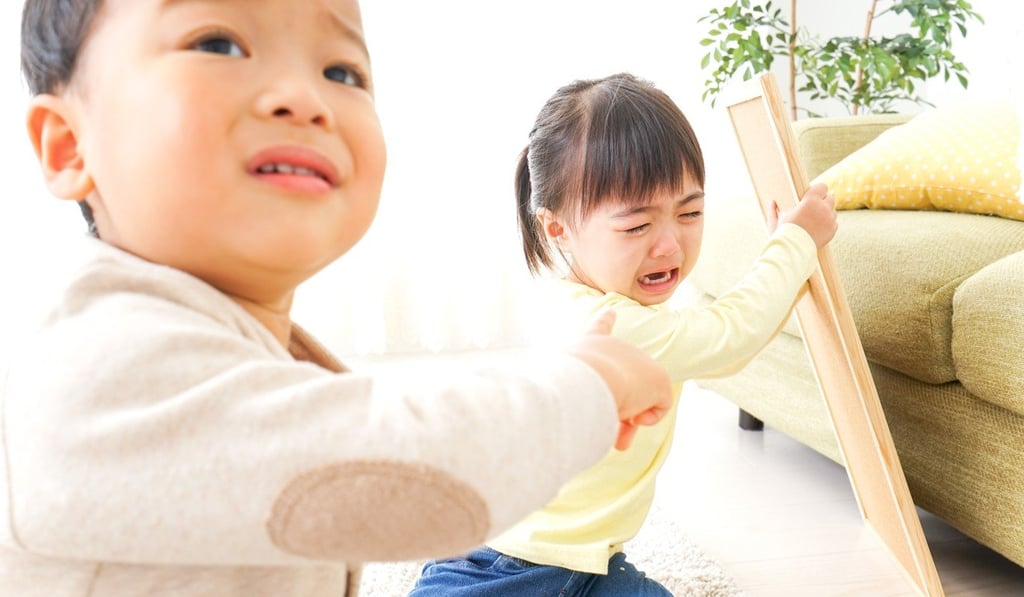How to raise broad-minded children: have them talk less and listen more for best results, say experts
The key is to teach children that the world needs more people to listen without making judgments; that being able to hear the other person’s point of view is crucial to understanding and keeping an open mind
![Shutterstock image shows Mother and son enjoying views of beautiful Bali water temple at Bratan lake [27FEBRUARY2018 FEATURES]](https://cdn.i-scmp.com/sites/default/files/styles/1020x680/public/images/methode/2018/02/27/30d644b2-1ae9-11e8-804d-87987865af94_1320x770_145223.jpg?itok=VsxlxIES)
Our world is shrinking. Intercontinental travel is easy, children attend international schools that represent dozens of different nationalities, and the internet exposes us in an instant to lives and views vastly different from our own.
And yet the fact that we actively seek to engender diversity in our workplaces, for example, suggests that for the culture cocktail most of us experience, differentness still rankles with many.
Forget parenting books, classes and Dr Google: perfect parents don’t exist, so trust your instincts and get to know your children
When our children are small, they rarely notice differences. Boys are boys, girls are girls, and everybody has a problem sharing their toys. It doesn’t go much beyond that. They don’t begin to register – or object to – differentness until they begin to grow up, and then any prejudices that they may develop against other people – for their colour, creed, culture, just differentness – is the result of somebody else’s influence: a friend, a sibling and, very often, a parent.
But the imperatives of steering children away from developing biased opinions, especially when based on the views of others, cannot be overstated, not just because broad-minded kids make for a better world, but because being broad minded will – the clue’s in the name – open up their own worlds and opportunities. They will adopt out-of-the-box thinking and court the views of others to develop their own ideas. Their worlds really will be big, wide ones.
Quratulain Zaidi, a clinical psychologist at MindnLife in Hong Kong, defines “open-minded” as a willingness to try new things or to hear and consider new ideas.
